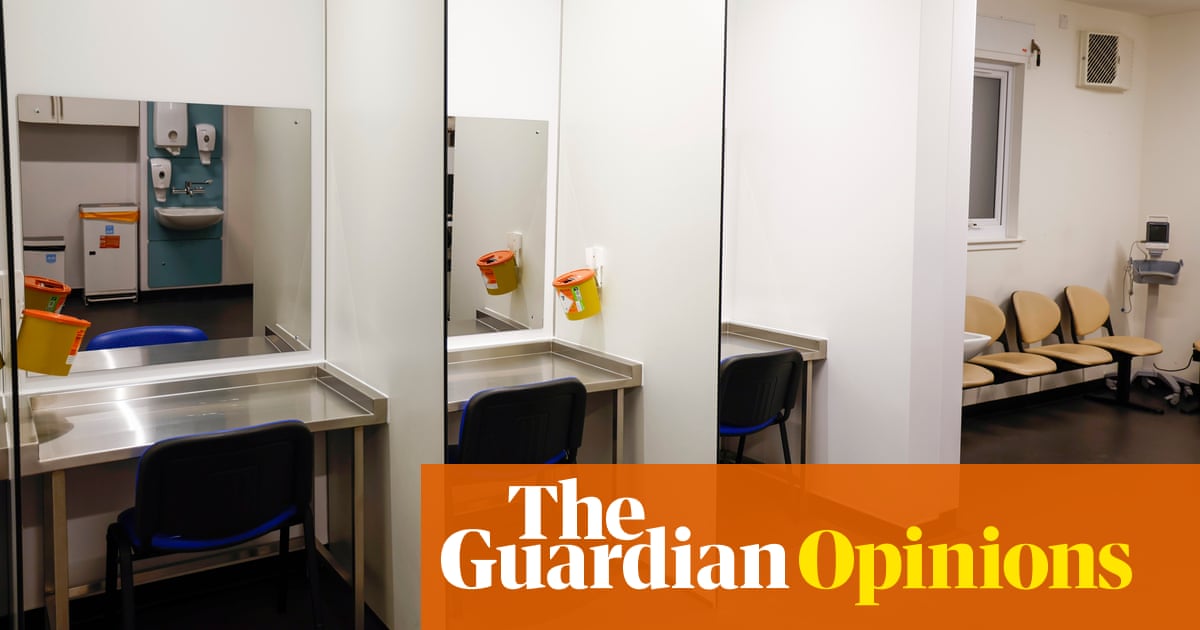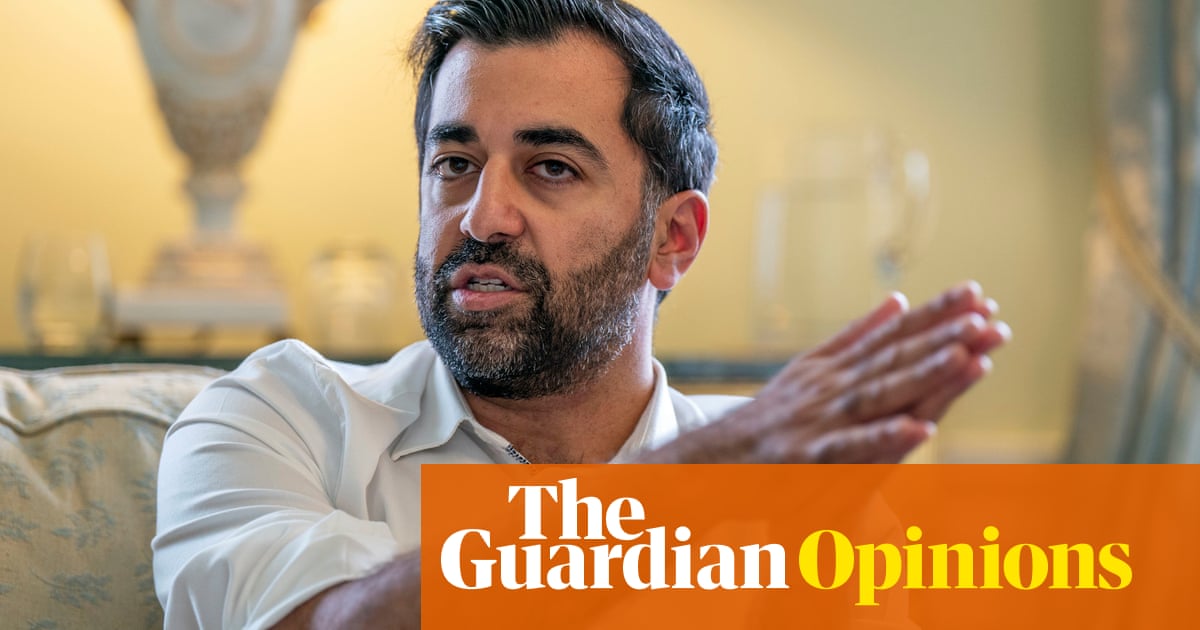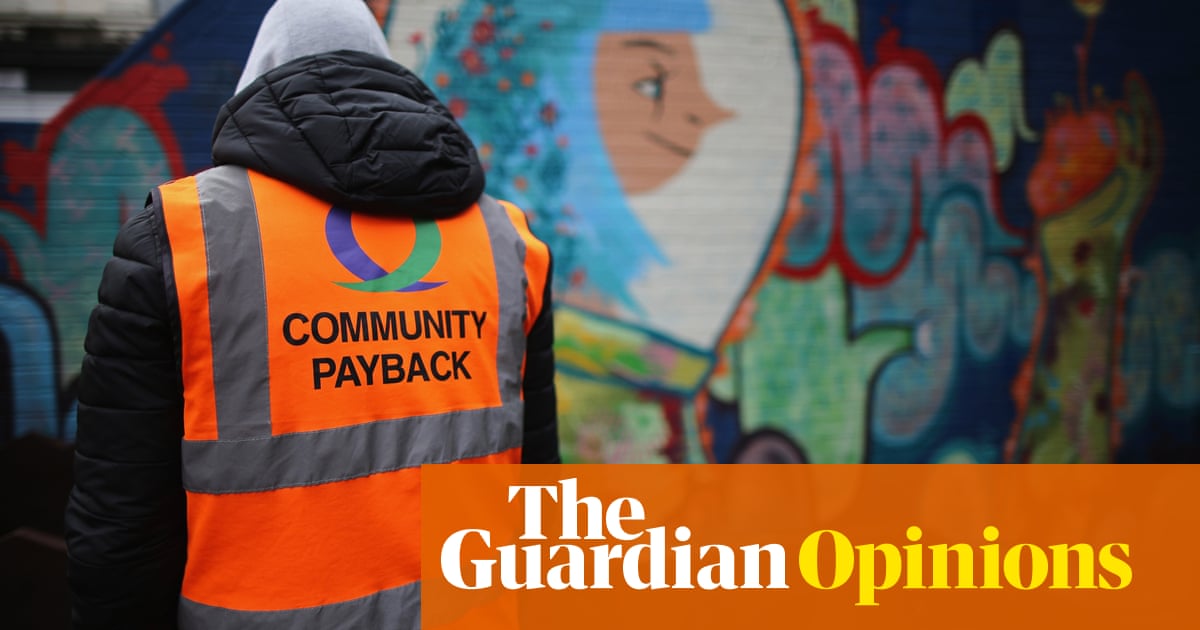
Scotland’s rate of drug deaths remains almost three times higher than that for the UK as a whole, and nearly three-and-a-half times higher than England’s. The latest figures, of 20 misuse of drugs deaths per 100,000 inhabitants in 2022, are shameful, in spite of the fact that they show a large fall from the year before. The situation in urban Scotland is far worse. Glasgow’s rate is 44 deaths per 100,000. Dundee’s is 43, Inverclyde’s 38. In the most economically deprived areas, there were 52 deaths per 100,000 inhabitants last year; in the most affluent, the figure was only three.
So far, so grimly familiar. Scotland’s drugs problems, especially in areas of high deprivation and deindustrialisation, are not a new discovery. Yet, in spite of the substantial improvement in 2022, the lethal effects have got worse since the millennium, not better. Taking the age of the population into account, there were still 3.7 times more drug misuse deaths in Scotland in 2022 than there were in 2000. Preliminary figures this year suggest the rate may be creeping up again. The problem is not under control.
It will strike many as extraordinary that the situation has been allowed to deepen in this way over so long. Clearly there is blame to share out, and Scotland’s drugs death scourge is a subject for UK-wide concern on which the UK government has done too little. But health services and prosecution policies are in the end devolved matters. The Scottish government holds the reins and the purse strings, and it has simply been too slow to act.
The Scottish government’s own 2022 taskforce report found that “leaders on all levels have been allowed to obfuscate while deaths have continue to rise”. Even the former first minister Nicola Sturgeon admitted, somewhat glibly, that the Scottish government “took our eye off the ball” as the deaths multiplied. The SNP’s own spending cuts on drug and alcohol health services cannot have helped.
Still, the news this week that Britain’s first official consumption room for illegal drugs has been approved in the east end of Glasgow is at least a glimmer of positivity. The room will not open until next summer. It can only have a partial effect on the drug problems of greater Glasgow. Nevertheless, a place where some addicts can take illegal drugs under supervision and without the threat of prosecution marks a step forward.
The reasons are obvious. It opens the possibility of further treatment and care for those who use the room, while potentially reducing the problem of large-scale drug injection in public places in the city centre. Such policies need to be tried and tested without the threat of prosecution. If the Glasgow pilot works, it may be followed elsewhere, not just in Scotland. At the end of the day, though, it is a policy that deals with symptoms of the drugs problem, not causes.
The facility came up in First Minister’s Questions on Thursday at Holyrood, but only to allow the SNP leader, Humza Yousaf, to attack the Conservatives in the run-up to next week’s byelection in Rutherglen and Hamilton West. The home secretary, Suella Braverman, is indeed wrong to oppose the drugs consumption room pilot, as Mr Yousaf said. As ever, she takes a largely performative approach to her job. But the SNP government must accept its share of responsibility for Scotland’s drugs crisis and the shocking scale of casualties it is still generating.












